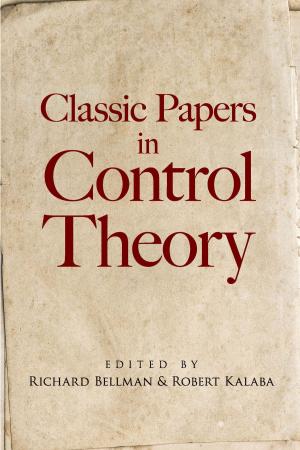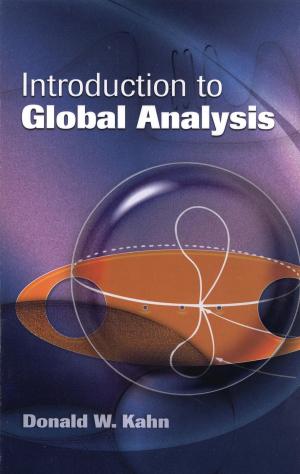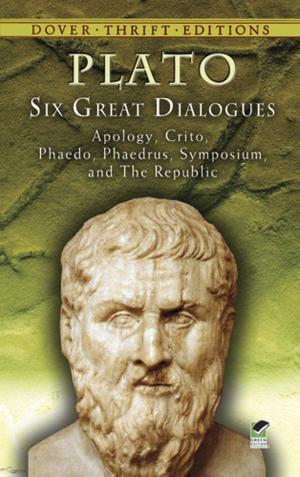Philosophic Foundations of Quantum Mechanics
Nonfiction, Science & Nature, Science, Physics, General Physics| Author: | Hans Reichenbach | ISBN: | 9780486150109 |
| Publisher: | Dover Publications | Publication: | June 19, 2012 |
| Imprint: | Dover Publications | Language: | English |
| Author: | Hans Reichenbach |
| ISBN: | 9780486150109 |
| Publisher: | Dover Publications |
| Publication: | June 19, 2012 |
| Imprint: | Dover Publications |
| Language: | English |
Physics concerns direct analysis of the physical world, while philosophy analyzes knowledge about the physical world. This volume combines both disciplines for a philosophical interpretation of quantum physics — an interpretation free from the imprecision of metaphysics, offering a view of the atomic world and its quantum mechanical results as concrete as the visible everyday world.
Written by an internationally renowned philosopher who specialized in symbolic logic and the theory of relativity, this approach consists of three parts. The first section, which requires no background in math or physics, reviews the basics of quantum mechanics, outlining their philosophical interpretation and summarizing their results. The second part, which presupposes a knowledge of calculus, outlines the mathematical methods of quantum mechanics; and the third part blends the philosophical ideas of the first part and the mathematical formulations of the second part to develop a variety of interpretations of quantum mechanics. The author presents in-depth discussions of each interpretation, constructing a conclusion in terms of three-valued logic that offers readers a satisfactory logical form of quantum mechanics.
Focusing on clarification of concepts rather than developing problem-solving skills, this volume will prove enlightening to students of mathematics, physics, and the other sciences.
Physics concerns direct analysis of the physical world, while philosophy analyzes knowledge about the physical world. This volume combines both disciplines for a philosophical interpretation of quantum physics — an interpretation free from the imprecision of metaphysics, offering a view of the atomic world and its quantum mechanical results as concrete as the visible everyday world.
Written by an internationally renowned philosopher who specialized in symbolic logic and the theory of relativity, this approach consists of three parts. The first section, which requires no background in math or physics, reviews the basics of quantum mechanics, outlining their philosophical interpretation and summarizing their results. The second part, which presupposes a knowledge of calculus, outlines the mathematical methods of quantum mechanics; and the third part blends the philosophical ideas of the first part and the mathematical formulations of the second part to develop a variety of interpretations of quantum mechanics. The author presents in-depth discussions of each interpretation, constructing a conclusion in terms of three-valued logic that offers readers a satisfactory logical form of quantum mechanics.
Focusing on clarification of concepts rather than developing problem-solving skills, this volume will prove enlightening to students of mathematics, physics, and the other sciences.















